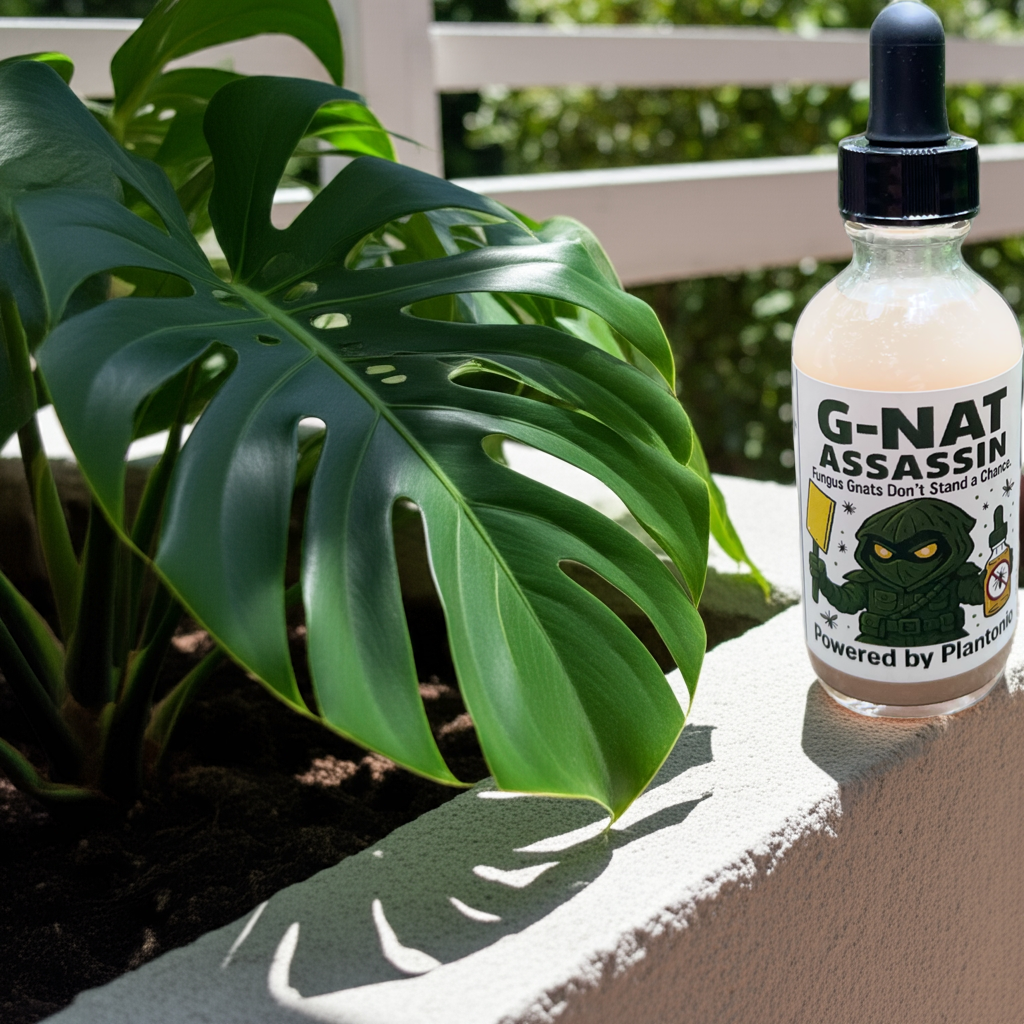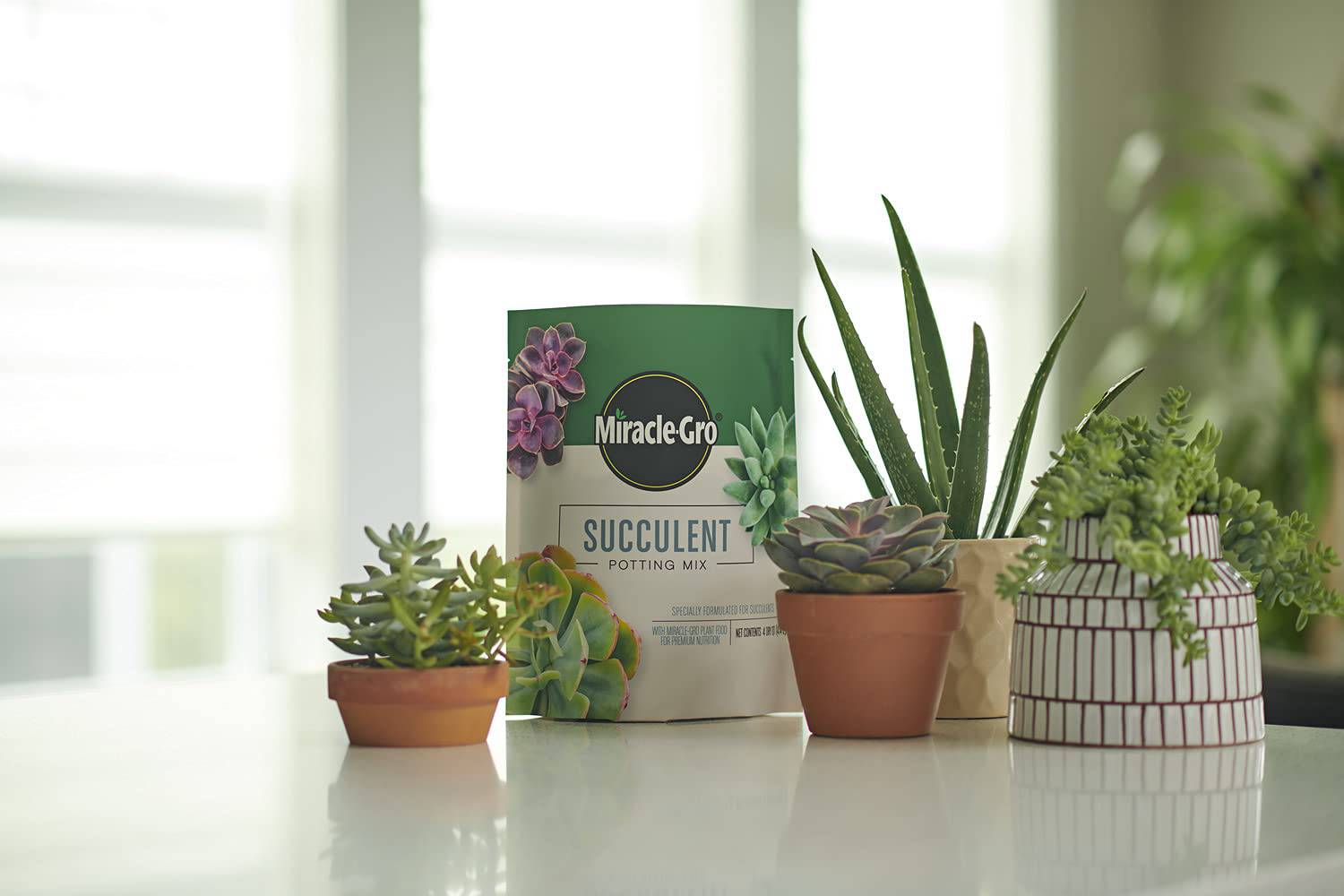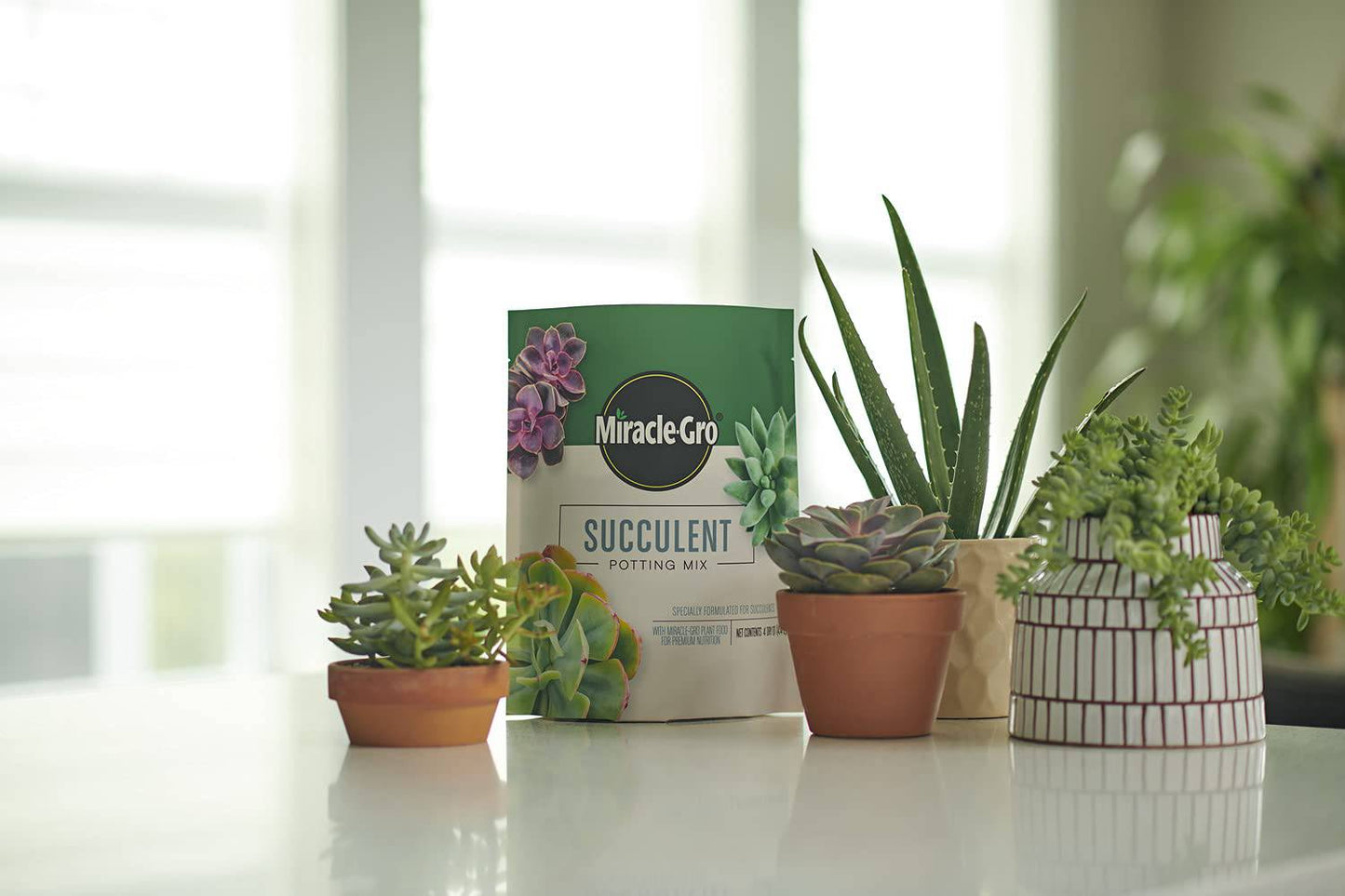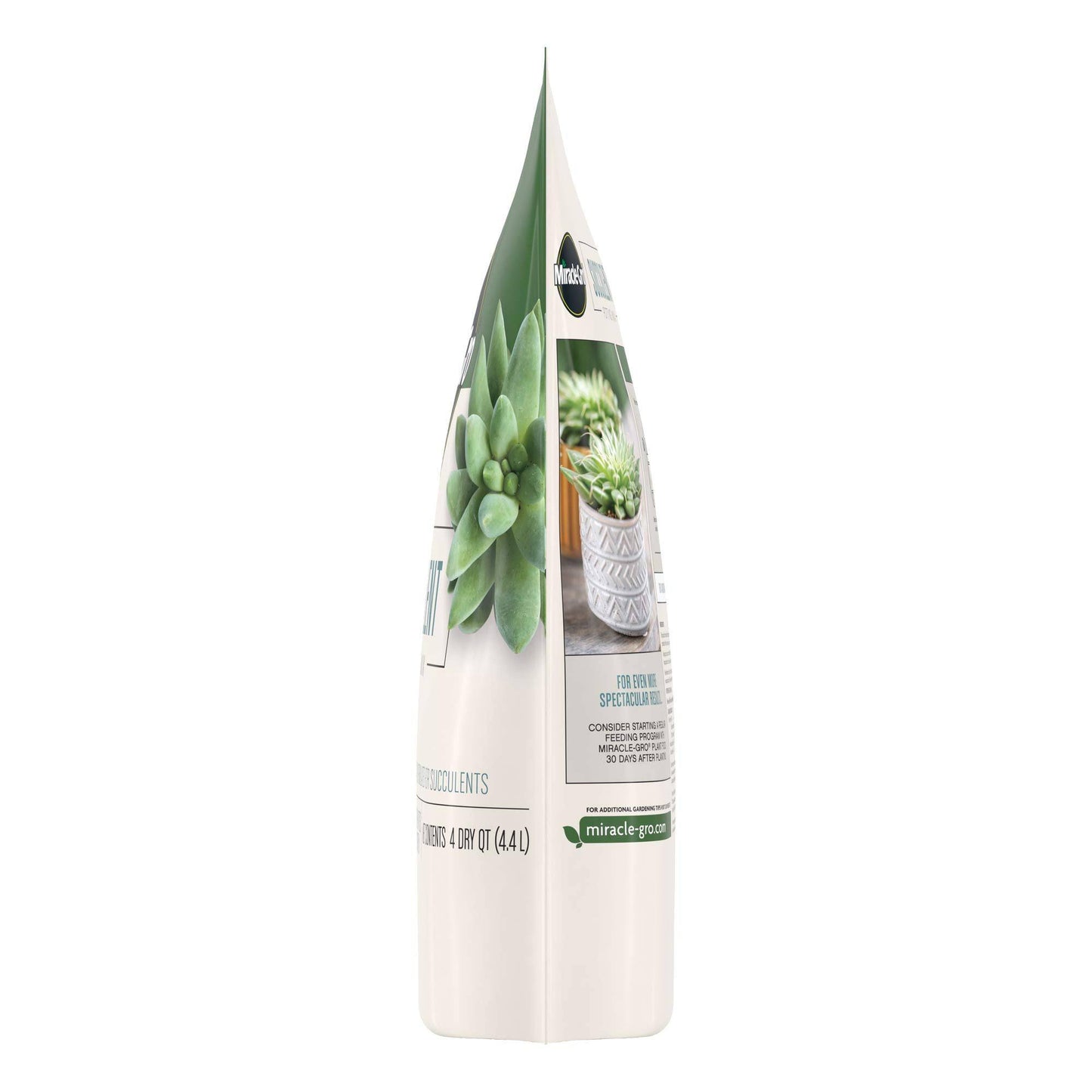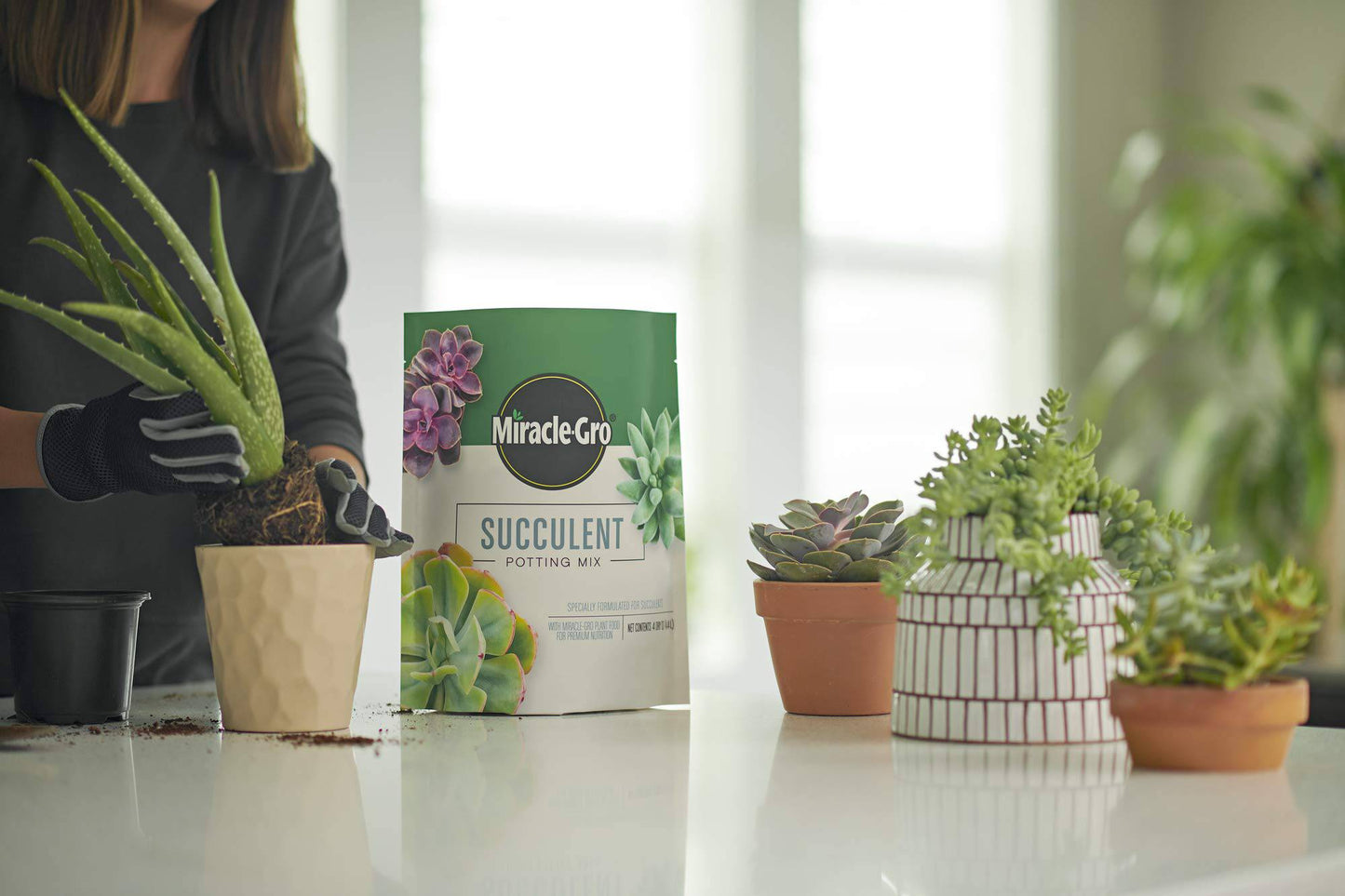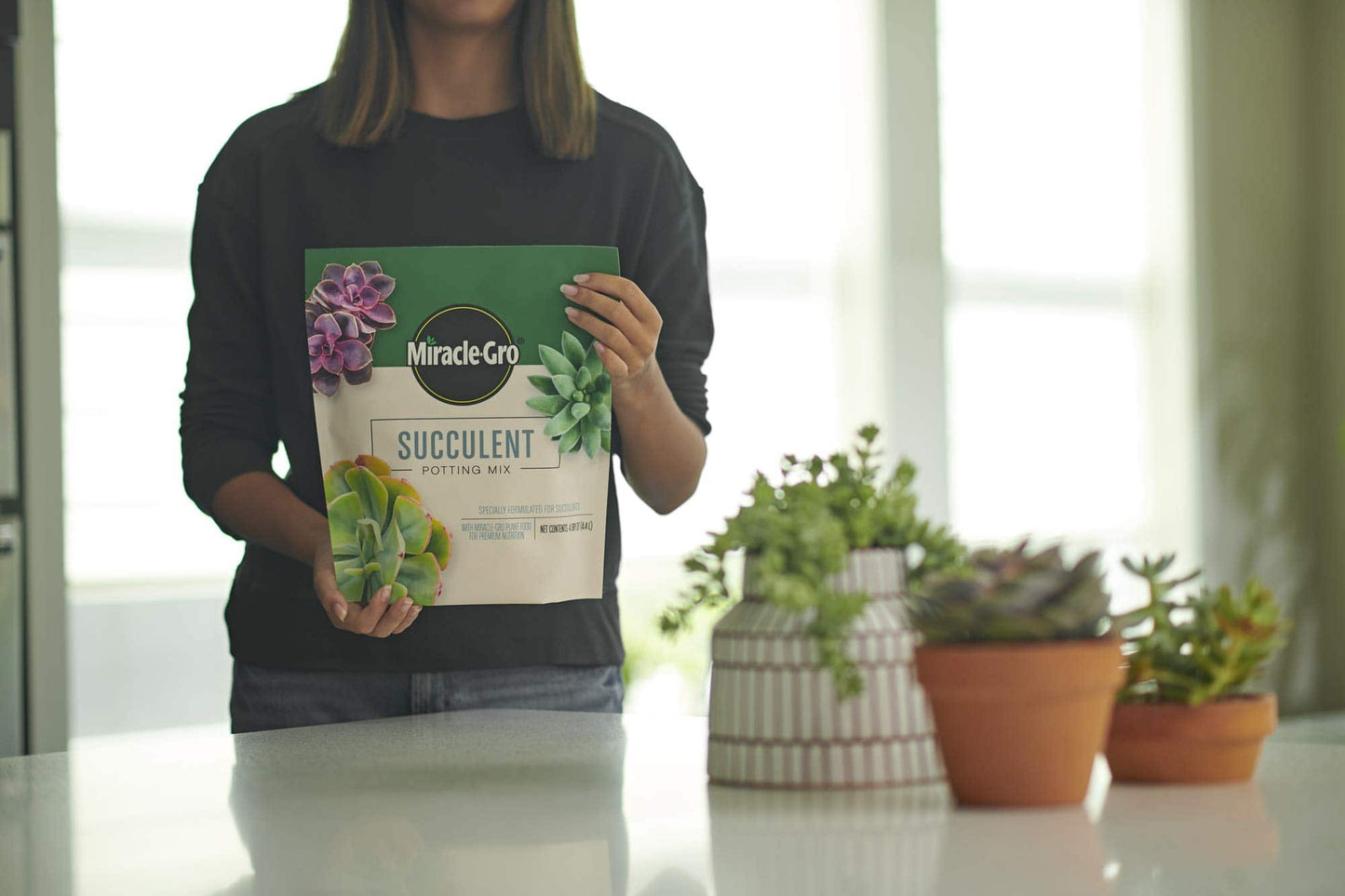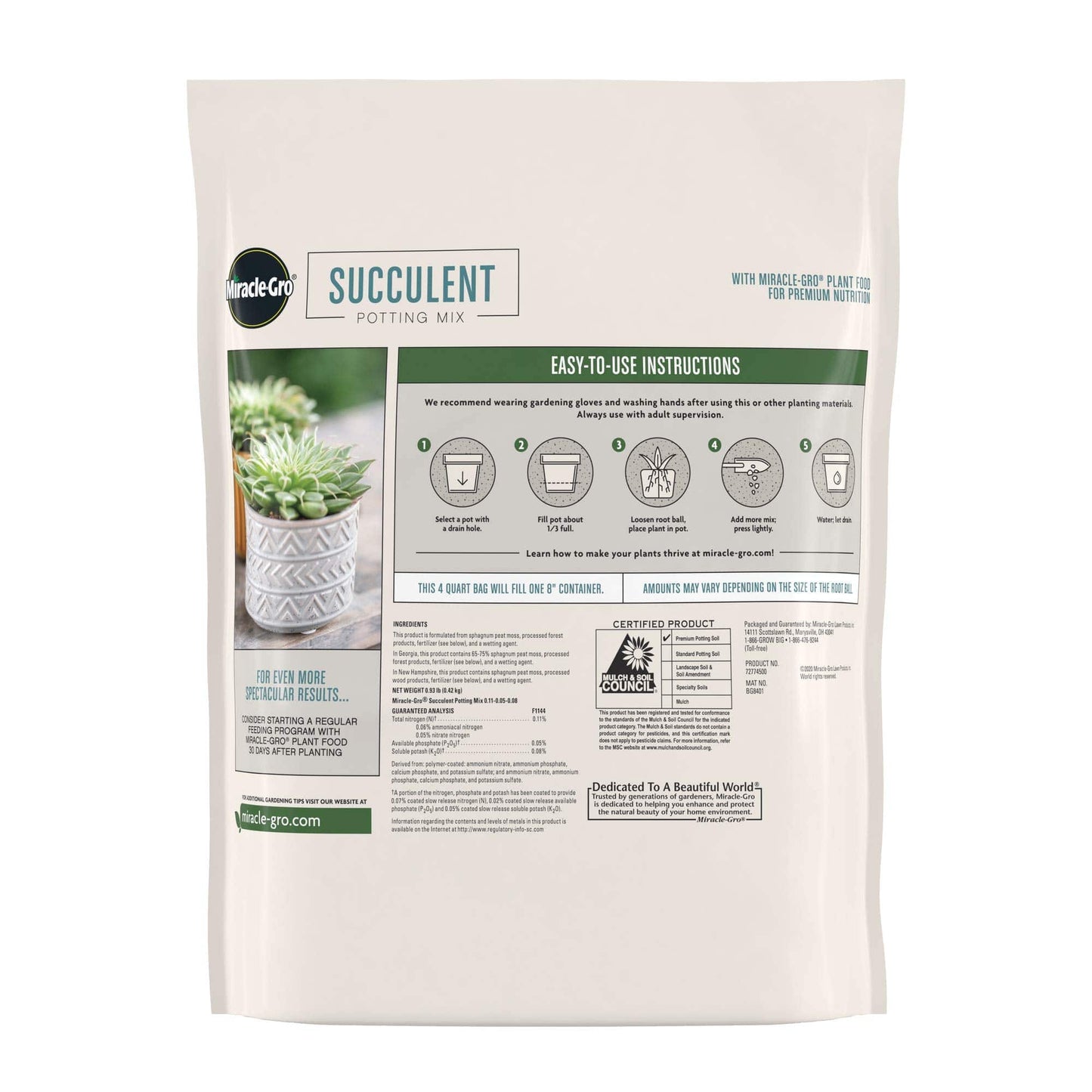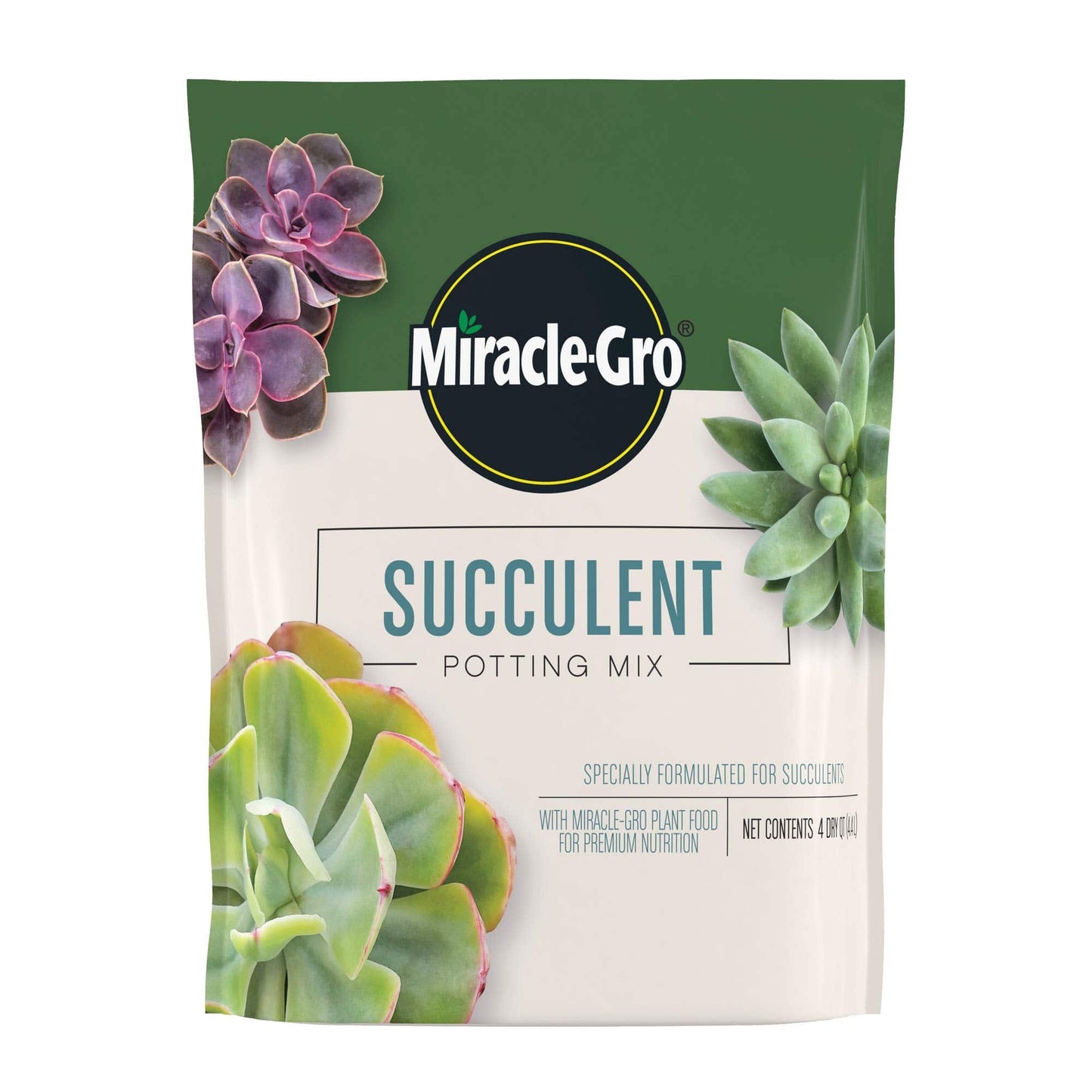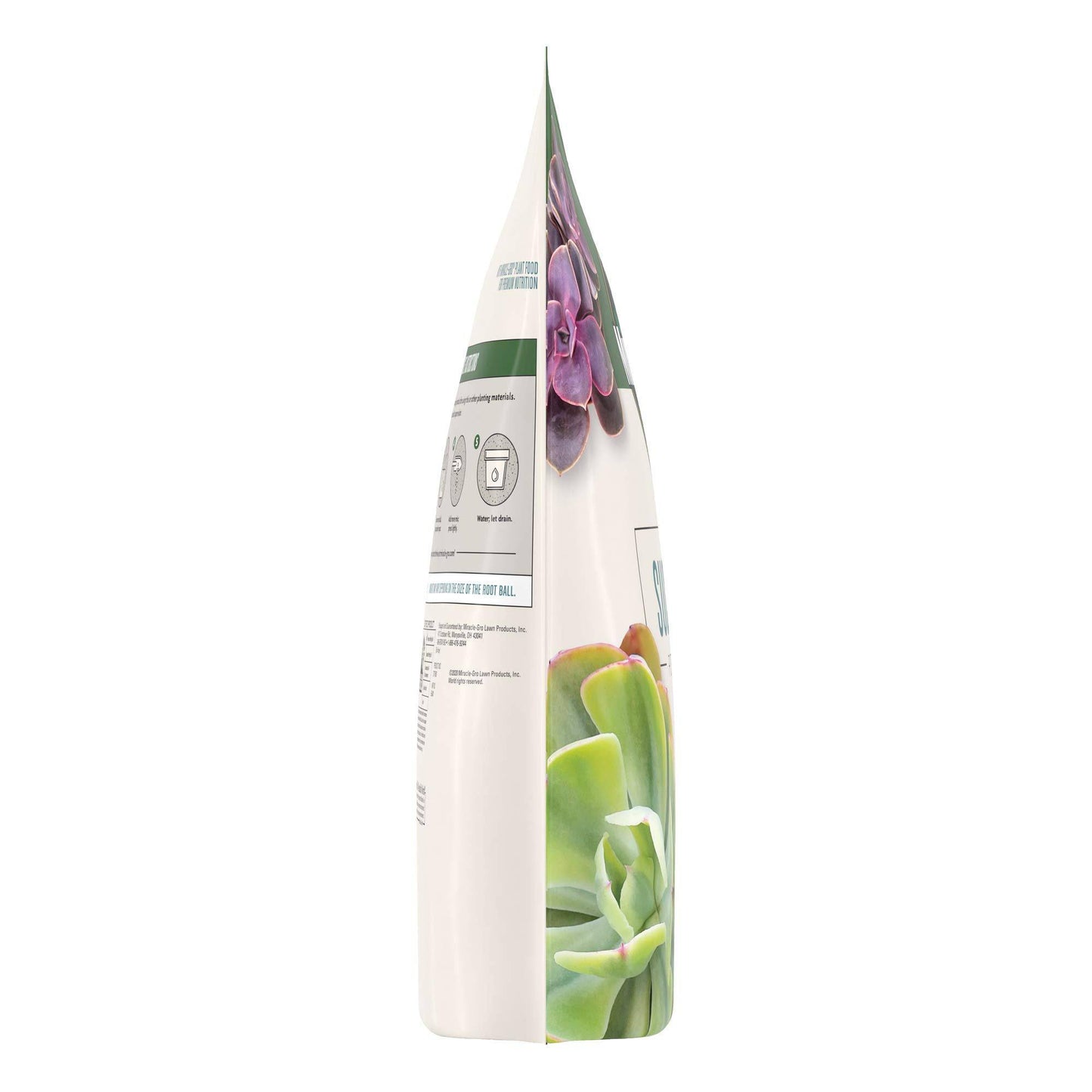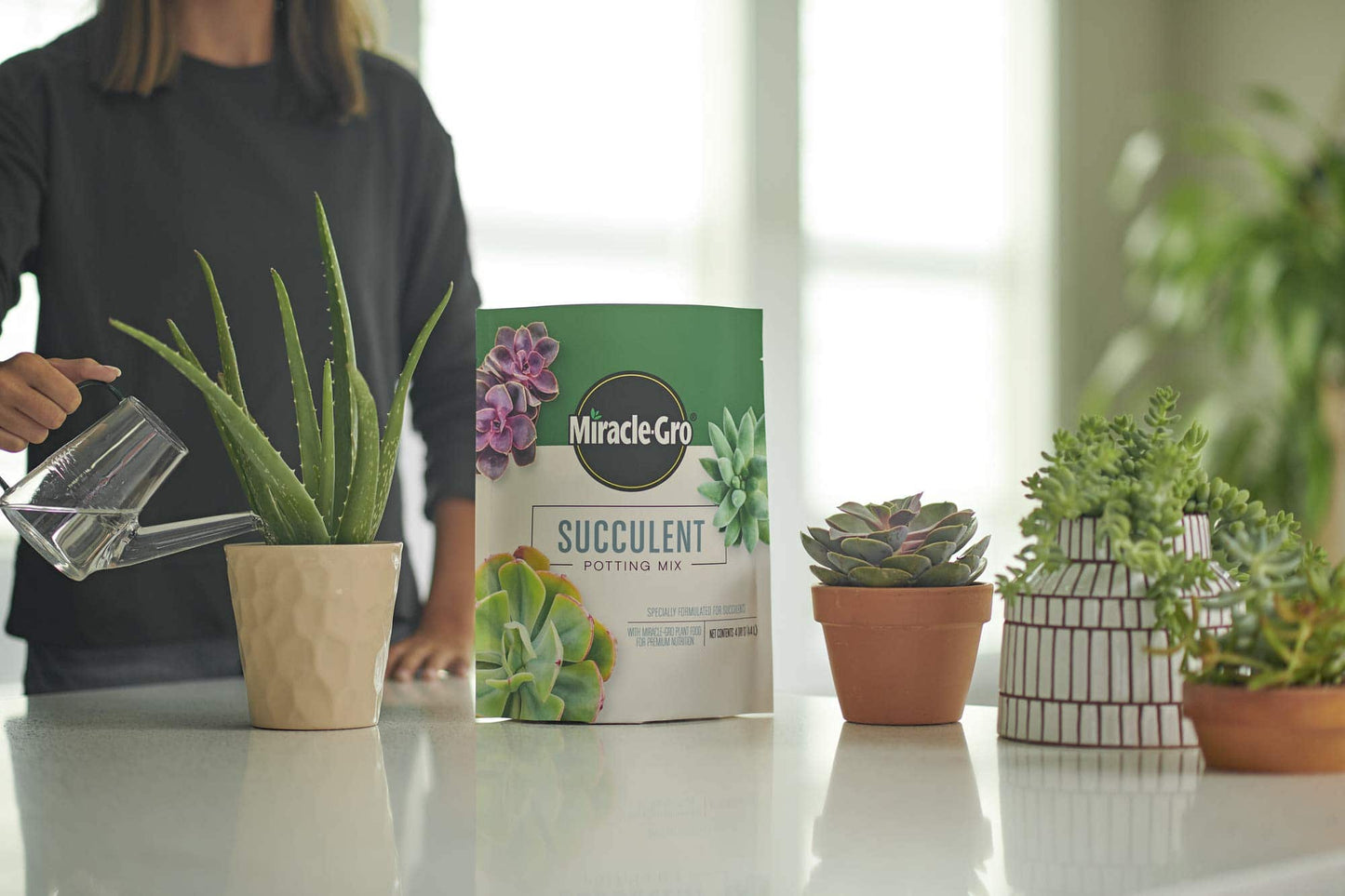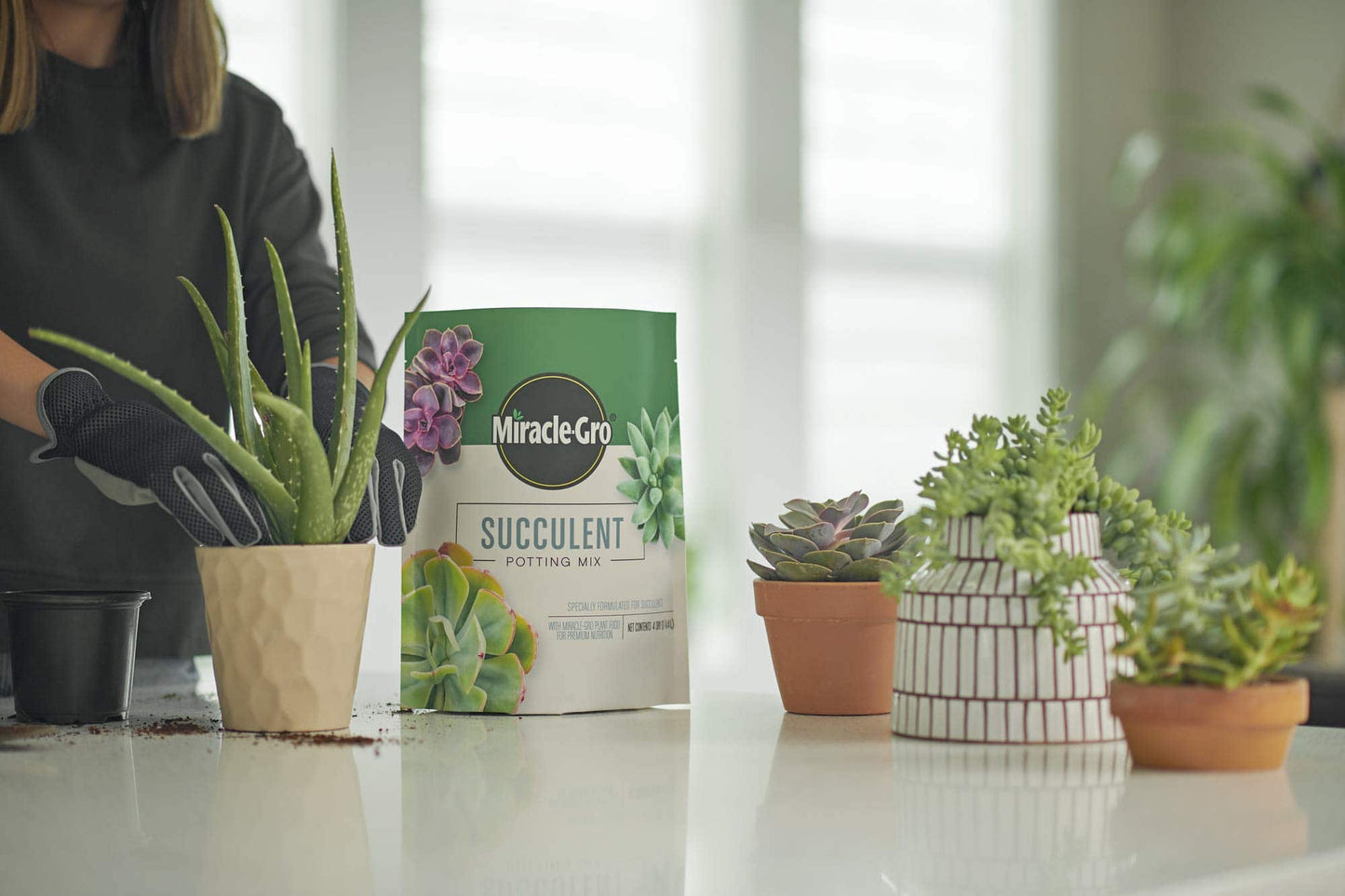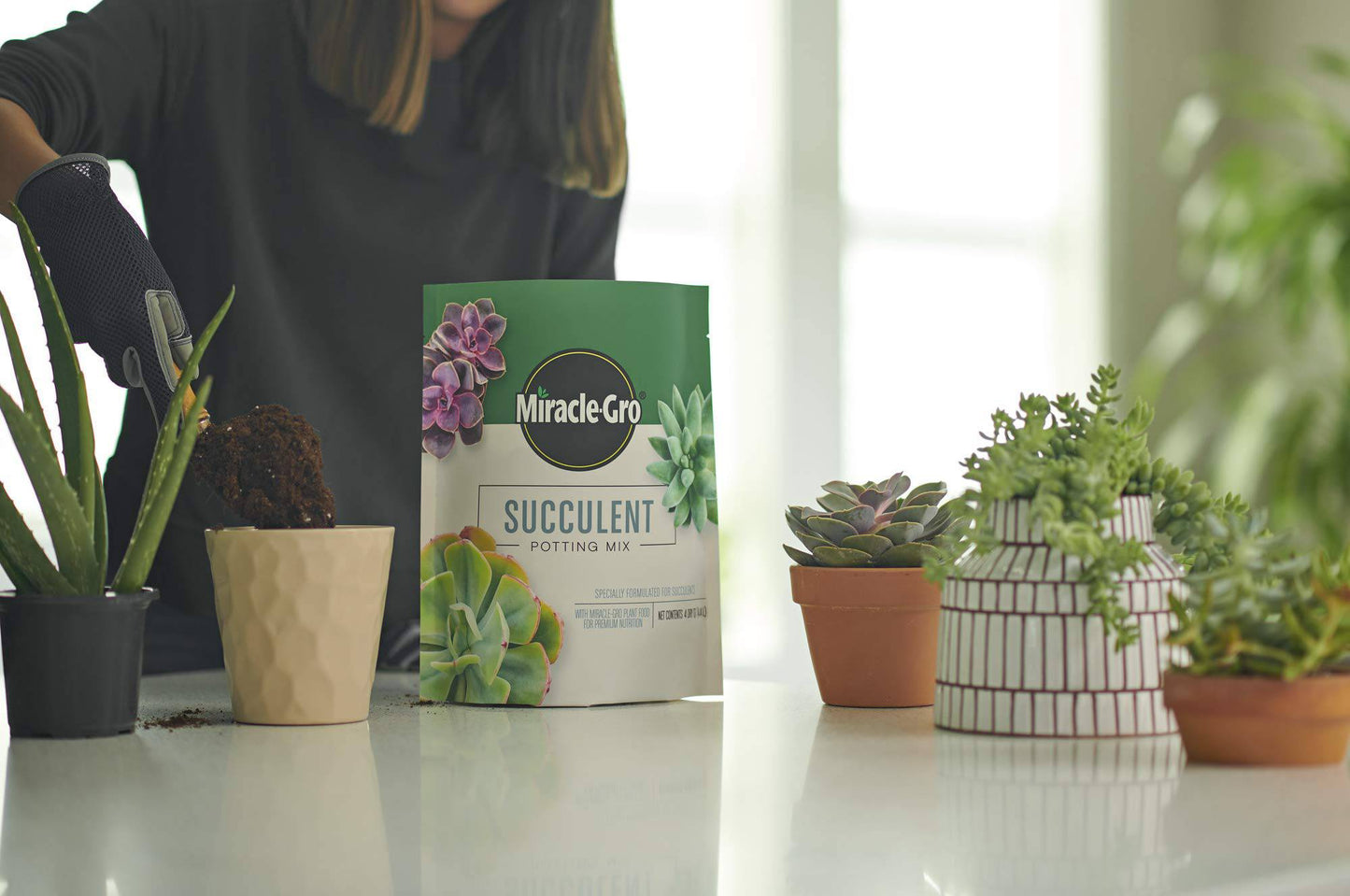Understanding Hydroponics
Hydroponics is a revolutionary approach to gardening that involves growing plants without the use of traditional soil. Instead, plants receive their nutrients directly from a nutrient-rich water solution, allowing for efficient and controlled growth. This method eliminates the need for soil, making it a space-saving and water-efficient alternative to traditional gardening.
Benefits of Hydroponics
- Water Efficiency: Hydroponic systems use significantly less water compared to conventional soil-based gardening. The water in a hydroponic setup is recirculated and reused, minimizing wastage.
- Space Saving: Hydroponic systems are versatile and can be set up indoors, on balconies, or even small urban spaces, making it accessible to a wide range of gardeners.
- Faster Growth: Plants grown hydroponically have direct access to essential nutrients, resulting in accelerated growth rates and higher yields compared to traditional methods.
- Pest and Disease Control: Hydroponic systems are less susceptible to soil-borne pests and diseases, reducing the need for harmful pesticides.
Getting Started with Hydroponics
- Choose a System: Select a hydroponic system that aligns with your space, budget, and gardening goals. Common systems include Deep Water Culture, Nutrient Film Technique, and Ebb and Flow.
- Select Plants: Opt for plants that thrive in hydroponic environments such as leafy greens, herbs, strawberries, and peppers. Consider the available space and lighting conditions before choosing your crops.
- Set Up the System: Follow the manufacturer's instructions to assemble your chosen hydroponic system. Ensure proper placement of grow lights, adequate aeration, and consistent nutrient levels for optimal plant growth.
- Maintenance: Regularly monitor pH levels, nutrient concentrations, and water levels in your hydroponic setup. Adjust nutrient solutions as needed and prune plants to promote healthy growth.
Tips for Success
- Start Small: Begin with a simple hydroponic setup to grasp the basics before expanding your garden. Experiment with different systems to find what works best for you.
- Research: Stay informed about hydroponic techniques, plant care, and troubleshooting methods. Online resources, books, and community forums can provide valuable insights.
- Optimize Lighting: Adequate lighting is crucial for plant growth in hydroponic systems. LED grow lights are energy-efficient and provide the necessary spectrum for photosynthesis.
- Explore Nutrient Solutions: Experiment with different nutrient mixes to tailor your plants' nutritional needs. Balanced nutrition is key to vibrant plant growth and bountiful harvests.
- Monitor Plant Health: Regularly inspect your plants for signs of nutrient deficiencies, pests, or diseases. Prompt action can prevent issues from spreading and ensure the well-being of your crops.
Embark on your hydroponic gardening journey with confidence using this comprehensive guide. Whether you're a beginner or a seasoned gardener, hydroponics offers a rewarding and sustainable way to grow fresh produce year-round. Embrace the future of gardening and cultivate thriving plants without the limitations of soil!

